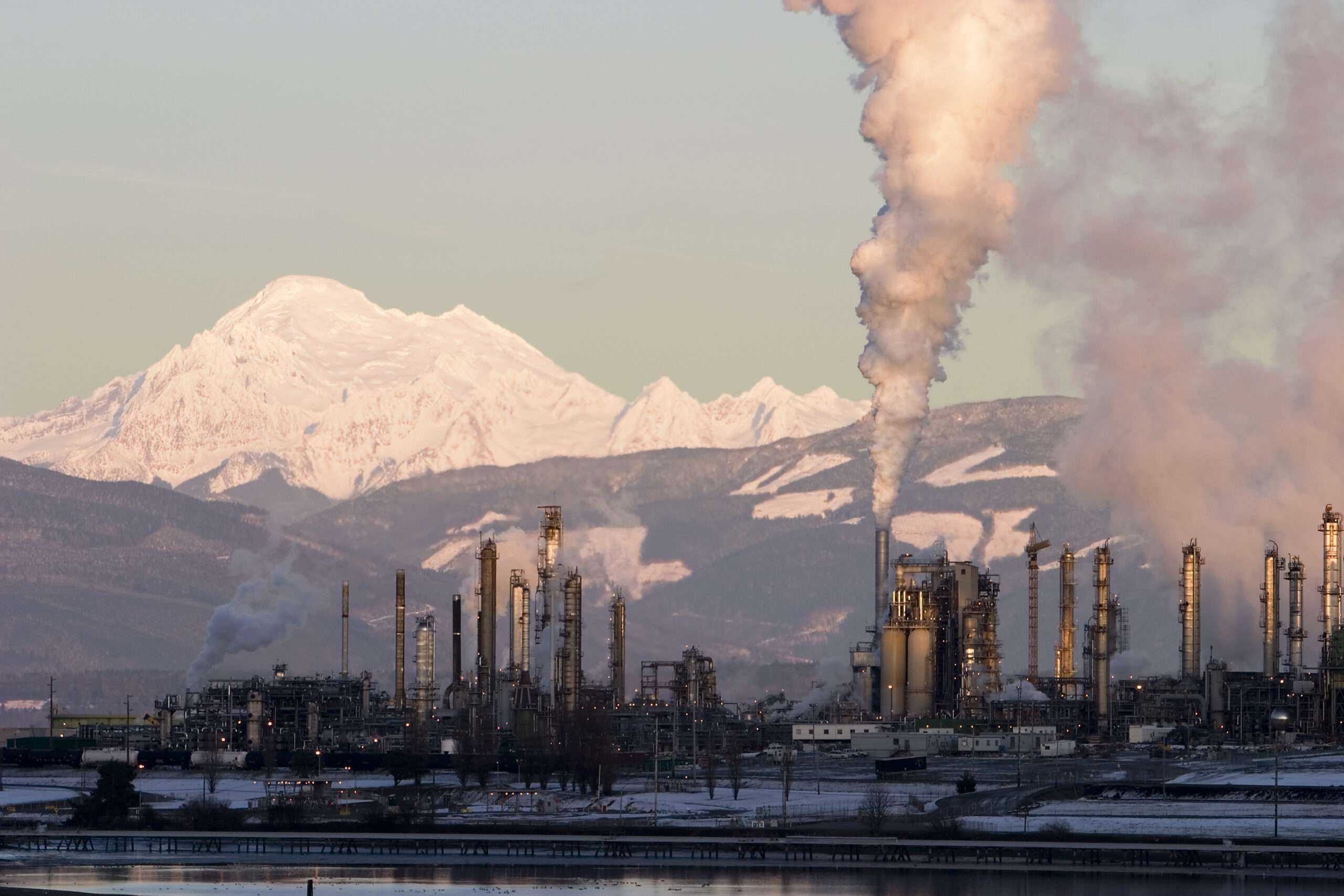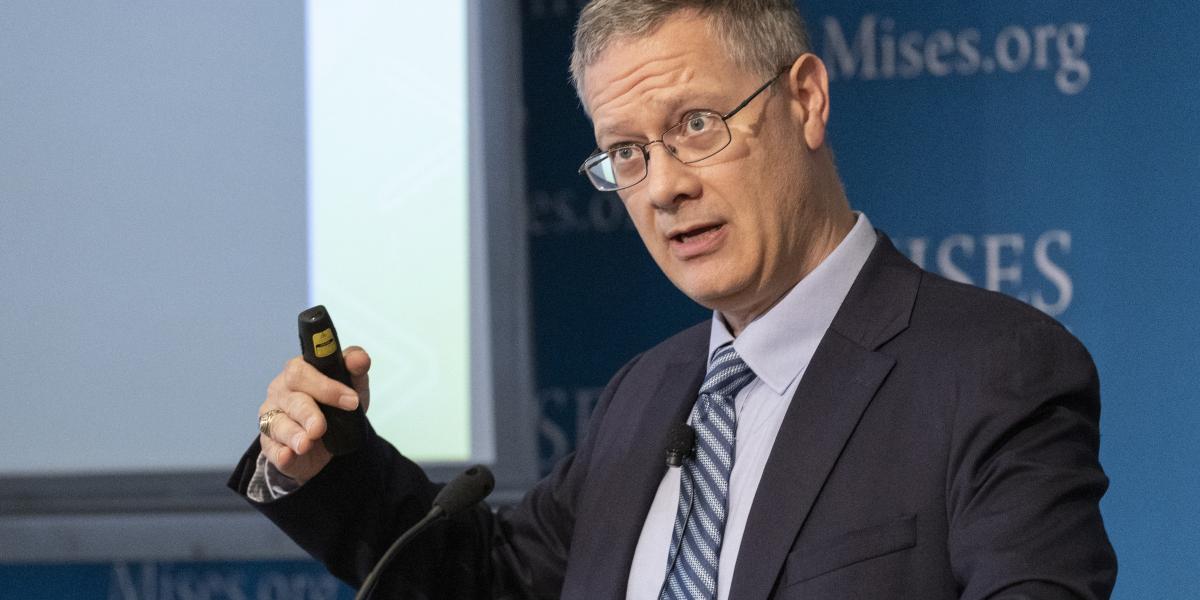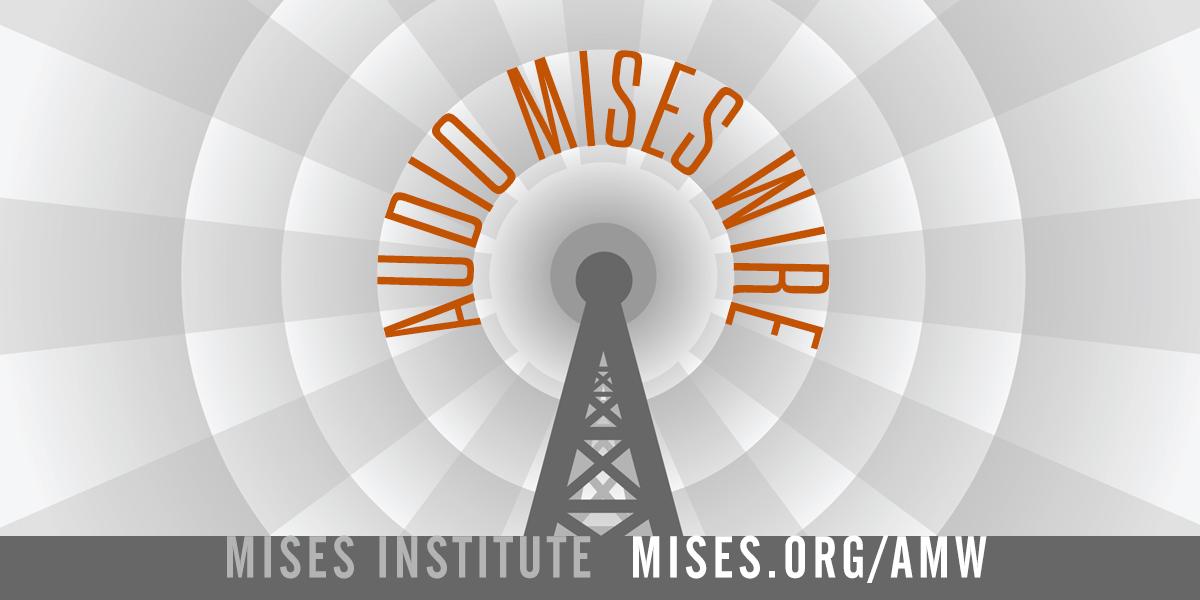Washington Residents Support State’s Climate Change Initiative
In a recent ballot initiative, voters in Washington decisively rejected Initiative 2117, reaffirming their support for the state’s cap-and-trade program established under the Climate Commitment Act (CCA). With approximately 62 percent of voters opposing the measure, the outcome highlights Washingtonians’ commitment to the CCA, despite criticisms. Originally passed in 2021, the CCA is designed to regulate greenhouse gas (GHG) emissions by imposing a cap on emissions and requiring businesses emitting over 25,000 metric tons of CO2 equivalent to comply with the established limits. Companies unable to meet these thresholds can purchase additional allowance credits through quarterly auctions. The revenue from these auctions is allocated to clean energy initiatives and environmental protection programs as stipulated by the CCA.
One of the primary sources of contention surrounding the CCA has been its impact on consumer costs. Before the implementation of the program, Governor Jay Inslee assured that the initiative would have a negligible effect on gas prices. However, the reality has proven different, as Washington has witnessed significant increases in gas prices, with costs surging by up to 50 cents per gallon and positioning the state among the highest in the nation. Proponents of Initiative 2117 argued that this increase was a result of price gouging by oil companies, while critics, such as Todd Myers from the Washington Policy Center, demonstrated a correlation between the rising costs of CO2 during auctions and pump prices.
Despite the high costs associated with the CCA, the effectiveness of the program in reducing emissions remains ambiguous. Critics note that there has been a lack of comprehensive data on statewide emissions since 2019, making it challenging to ascertain the cap’s effectiveness in achieving its intended goals. While there are suggestions that emissions might have decreased in 2023, the mechanisms used to flood the market with low-cost CO2 allowances raised concerns about compliance with established limits. Myers highlighted that the CCA’s projects often appear to serve political interests and expand government influence rather than focus on environmentally beneficial outcomes, pointing out the lack of prioritization for genuine emissions reduction in funding allocations.
Examining specific projects funded by the CCA reveals further inefficiencies. The largest of these initiatives is the $150 million Washington Families Clean Energy Credits Grant Program, which offers low- and moderate-income families a one-time utility bill credit to aid their clean energy transition. Additionally, the public transit agency King County Metro was awarded over $66 million to support various operational expenses. Critics assert that many funded programs, including a project costing over $1.2 million to study solar and micro-hydro potential statewide, lack substantial measures for reducing GHG emissions.
The rejection of Initiative 2117 and the public backing of the CCA suggests that a majority of Washington voters still believe in the framework of cap-and-trade despite its drawbacks. This public support may encourage other states to consider similar measures in their efforts to combat climate change. Nevertheless, without significant improvements to the efficiency and accountability of the programs financed through the CCA, Washington residents risk bearing the burden of a costly and ineffective climate policy. Ultimately, the rejection reflects a complex interplay of environmental ideals and practical concerns, demonstrating that while the public may support the concept of carbon reduction, tangible results and accountability in spending are equally critical to gain broader acceptance.
Share this content:












Post Comment